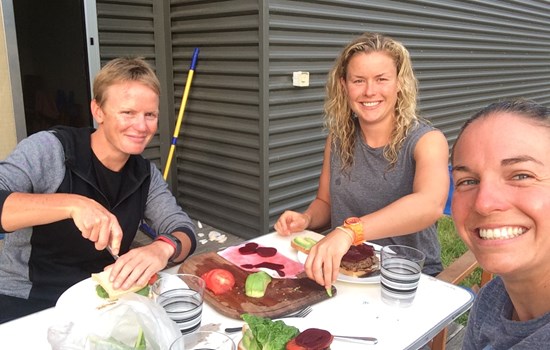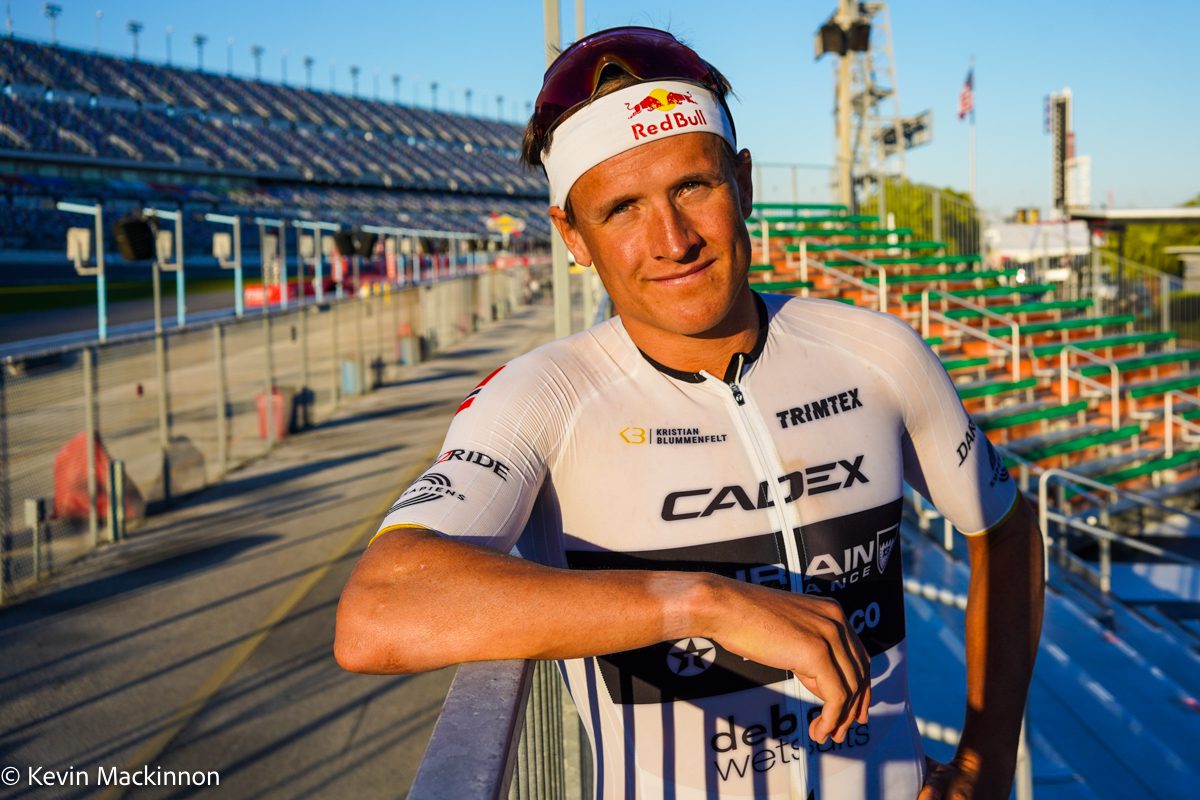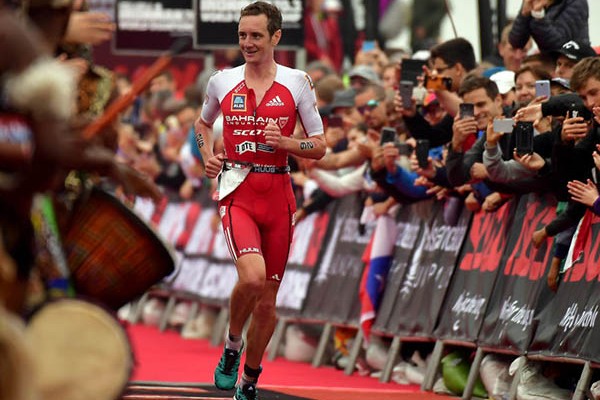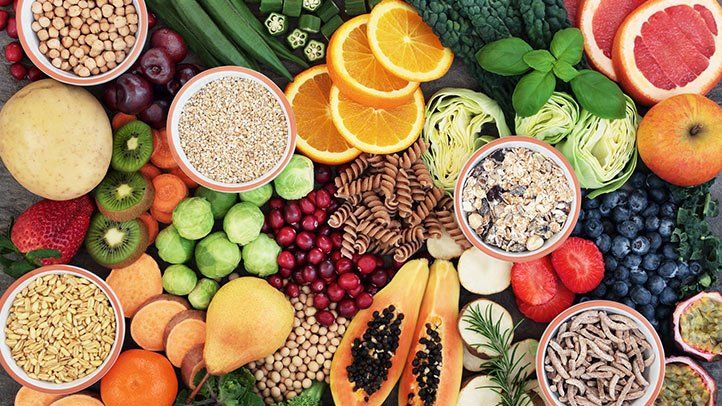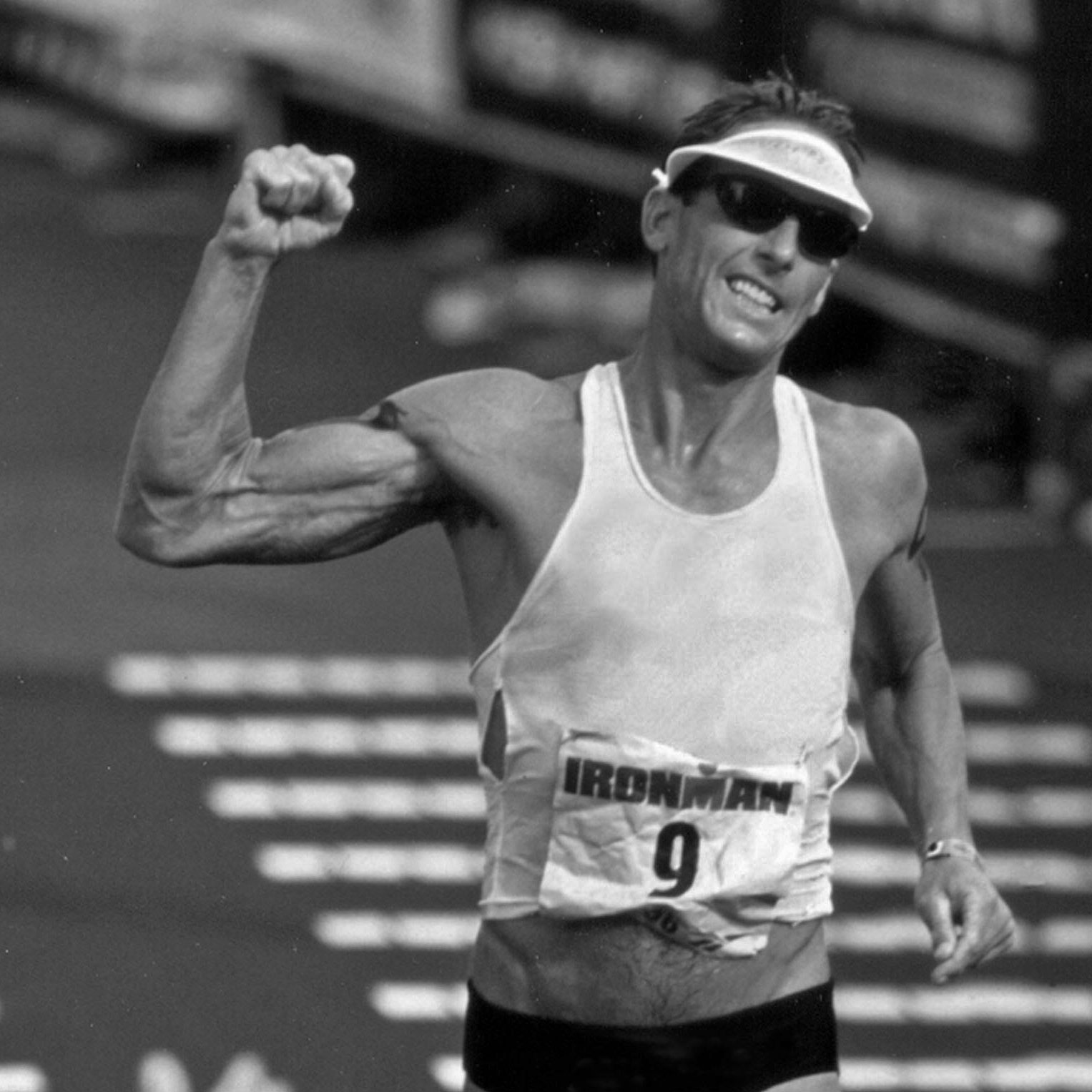Q: I’m active and healthy, so why do I feel so low in energy?
There are lots of factors contributing to low energy – poor sleep patterns, overtraining, daily stress levels, inadequate recovery, the list goes on. What you eat can contribute additional factors, some of which are discussed below. It’s important to speak with your GP, sports dietitian, health care practitioner or coach for an assessment of all of these factors.
Q: How does my diet affect my energy levels?
Not eating enough (inadequate calorie intake) is a common cause of fatigue in endurance athletes. Many athletes restrict calories to reduce body fat, while others simply fail to meet the high demands of their training. If you don’t eat enough your body may feel low in energy in an attempt for your body to conserve calories so that it can maintain basic functions. Eating 5-6 times per day (~ 3 hourly) will provide sufficient opportunities to consume adequate calories and aid in improved recovery.
Q: I’m worried I’ll put on weight if I start eating more.
It is rare, in my experience, for athletes with high training volumes to consume enough food to contribute to weight gain. It is important to match daily food intake to your training schedule. Longer or higher intensity sessions require greater fuelling. Triathletes are often time poor on days with long or double training sessions and often end up eating less than required. In some cases over restriction results in a slowed metabolic rate, making change in body composition very difficult. Sports dietitians use equations to determine the estimated food intake necessary to assist in managing your weight goals.
Q: Is it possible that I’m not eating enough carbohydrates?
Inadequate carbohydrate intake is like asking a car to run on no fuel. Carbohydrate intake needs to reflect your daily exercise load with greater amounts consumed on higher training days. Triathletes generally require ~5-7g of carbohydrate per kilogram of body weight. For example, a 70kg athlete may require ~350-490g carbohydrate on a training day. A simple carbohydrate counter (see basic sample below) can help you determine if you are meeting your daily carbohydrate needs.
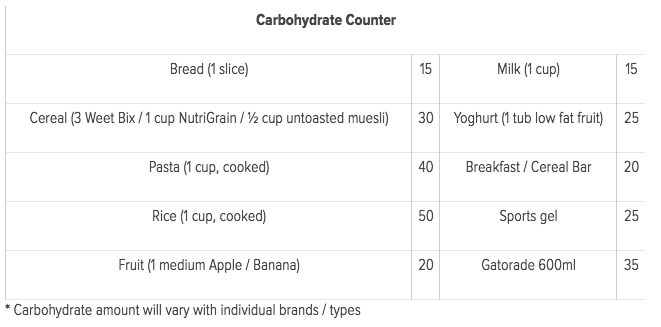
Q: Do I have the timing of my foods right?
Timing of food intake can significantly impact training performance. Including a carbohydrate-rich snack before training can benefit training outcomes. For shorter events, it has been shown that simply rinsing your mouth with a sport drink can reduce the perception of fatigue and improve performance. Consuming 30g-60g of carbohydrate per hour during Olympic distance triathlons and up to 60-90g per hour for longer events has been shown to optimize performance. Eating a snack containing carbohydrates and protein within 30 minutes of training can assist in recovery, particularly in cases where the next session is in <24 hours.
Q: Am I getting enough vitamins & minerals?
Inadequate nutrient intakecan quickly lead to poor energy levels. Low iron can result in poor oxygen delivery to the working muscles. Inadequate Omega-3 fatty acids reduce nervous system function and decrease blood vessel elasticity (greater inflammation potential). Inadequate B Vitamins negatively affect the body’s ability to release energy from carbohydrates, proteins and fat. Adequate nutrients from fruits, vegetables, lean meats, whole gains, dairy, nuts & seeds are important for optimal body functioning. An annual blood test can help determine whether you are receiving adequate nutrients through your diet.
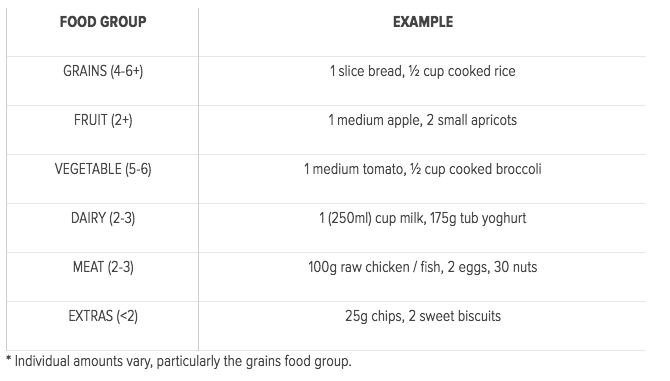
Q: How does my hydration affect energy levels?
The effect of dehydration on energy levels should not be underestimated. Daily fluid losses, particularly through urine, breathing and sweat, need to be replaced. Without adequate hydration, the body cannot properly transport oxygen and fuel to the working muscles and brain, regulate body temperature and allow muscle contractions to take place. Research has showed that sporting performance can be significantly affected by dehydration (including earlier onset of fatigue, increased heart rate and body temperature, cramping, increased perception of effort, decreased mental and skill acquisition). A change in body mass of 2% (eg. 1.4kg for a 70kg athlete) has been shown to decrease performance by up to 10%. A sports dietitian can measure sweat and electrolyte losses to develop a tailored hydration plan for each individual athlete. The longer the event, the more critical this becomes.
Q: How much should I be drinking daily?
You should drink enough fluid daily so that you pass clear urine 5-6 times per day. This is ~35-45ml per kilogram of body weight per day. In addition, an athlete typically sweats 0.5-1.5L per hour of exercise that needs to be replaced in addition to this.
Q: Why does my stomach play up during exercise?
Exercise, particularly running, promotes the movement of food through the gut. Therefore, symptoms such as bloating, loose bowels and gas can be worsened during exercise. Certain gut conditions can also cause low energy levels and impaired thinking. Many of these gut issues have a known cause. If you are suffering from any of these symptoms, seek professional advice from your sports dietitian to determine whether dietary changes can minimise symptoms and improve your energy levels.
Find a local sport dietician in your area: www.sportsdietitians.com.au
or contact Ola Luczak, Accredited Sport Dietician: luczak.diet@gmail.com


